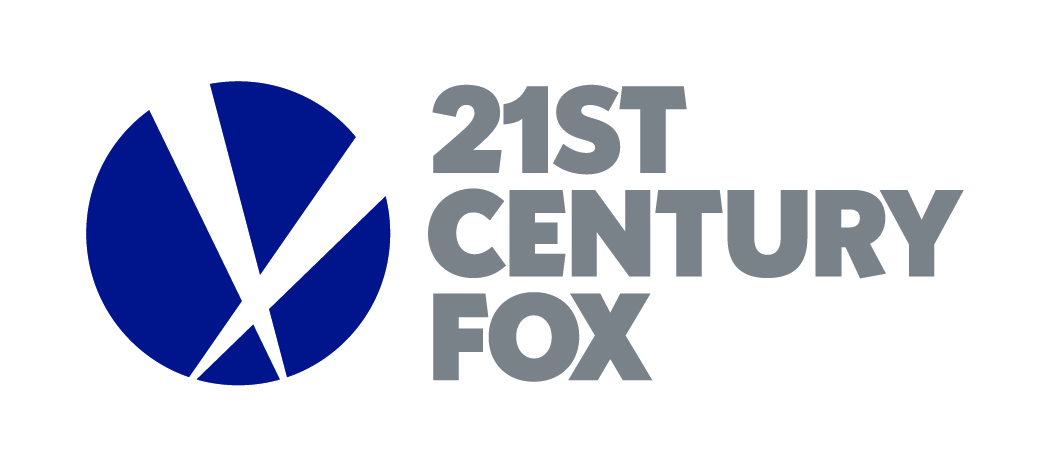'Birth of a Nation' Director Nate Parker Talks Filmmaking at Exclusive Screening for Ghetto Film School Students

21st Century Fox Social Impact
On Monday, The Birth of a Nation (distributed by Fox Searchlight Pictures and in theaters Friday, Oct. 7) was shown in the Crosby Street Hotel screening room in New York for an audience of students who are part of the nonprofit Ghetto Film School, which 21st Century Fox has supported by helping to provide an education in the craft and business of filmmaking. After the screening, the film's director, actor and screenwriter, Nate Parker, spent more than an hour answering the students' questions. The Q&A session gave him the opportunity to share about his personal career path, practical advice and insights into why he made the movie with the audience of film students from historically underserved communities.
"I recognize the importance of your voice, now more than ever," Nate told the students.
Writing as a way to stay in the game
Though he never went to film or acting school, opting for a computer engineering degree instead, Nate pursued acting at someone's suggestion. It didn't take long for him to discover the difficulty of getting anything beyond stereotyped bit roles. Nate picked up writing right way to preserve and take control of his career.
"I felt like that was the only way I could keep myself in the game without them pulling the plug on me," he said to the students.
Why he made The Birth of a Nation
When explaining why he spent eight years to finally make The Birth of a Nation, Nate said it was about much more than simply making a film about slavery. "This film is about freedom. This film is about resistance. And no one, in my opinion, can have more impact with resistance than filmmakers."
He added that the film was "a function" of his activism and that his goal was "to use my art, the moving picture, to inspire people to start thinking a bit differently about how they're doing to deal with systemic crises in their communities."
Art vs. money
"You guys are artists, right? What that means is if you're true to your art, you may never make a lot of money," Nate said. "If you're true to your art, you may never have fame until maybe you're gone. Maybe a century passes and someone watches a film you did, they dig it up and they put it up on a screen and people say, 'This is a masterpiece.' You have to be open to that. And I say that with all humility. If there's a story that needs to be told, you need to find a way to separate yourself from that dissenting voice that says, 'But you've got to get paid.'"
Being on the same page
When asked about the emotional element of making the film, Nate shared this lesson: "One of the major, major things that will give you more success than anything else is making sure your crew understands the importance of what you're doing as much as you do."
He recounted how he demanded that any plantation his crew shot on for "The Birth of a Nation" had actually had slaves on the land during the time the film's story takes place. When they arrived at shot locations, Nate would share the location's history and context to make sure the cast and crew collectively appreciated its significance.
"The original schedule called for 40 days; we shot in 27," he told the students. "It the most difficult thing I ever had to do, but I wasn't alone. When the rain came and flooded the slave quarters, every single person from catering to grip to me was digging a canal. We had a canal dug in four minutes to drain out the water... We were like a well-oiled machine, because we had that camaraderie."
Lessons on financing a movie
When people ask Nate about the hardest part of making a film, he responds by saying, "It's the money."
He told the GFS students that he raised more than $6 million for The Birth of a Nation by knocking on doors and appealing to a potential financier's vested interest in their own legacy.
"If you're doing something that you truly believe can have an impact on the world, on your community even, then you have to sell them on the legacy of that change," Nate said. "Legacy has weight."
He also told the students that someone who travels to meet a potential financier for their film should never let them pay for the flight, lodging or anything else. "If that financier doesn't give you money, he's got to deal with that, he's got to eat that. He can't pawn you off from a plane ticket. If someone says, 'I'll fly you out to hear your pitch,' say, 'No, thank you'... [If they say no, they'll be saying] no to everything [you] just sacrificed."
While financing a film is difficult, "When you want to tell a story, there really shouldn't be anything that can stop you," Nate said.
On his next step
"I keep saying I won't choose another project until I'm as excited about it as I was with this one," Nate said when asked about his next film.
He added that he's circling some projects, one that's science fiction. "I'm going to do what I want to do. I'm going to do the thing that's incendiary, that I think is helpful to you all more than anything."
21st Century Fox is a longtime supporter of GFS, helping provide its students with an immersive education in the craft and business of filmmaking. GFS, based in New York City's South Bronx, connects students from diverse communities with mentors and lecturers from the film and television industry. 21CF is the founding sponsor of GFS Los Angeles, which opened in June 2014.

